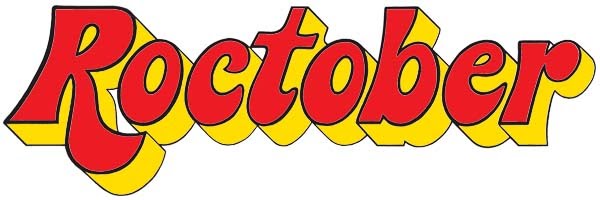(INFINITE self esteem, 2021) This is my preface to this magnificent book. All first editions come with a poster featuring all of the excised punctuation:
Celebrating The Great Gatsby’s entry in the public domain, Derek Erdman has transformed America’s most American literary classic into…something (and I don’t take the prior sentence’s ellipsis for granted after spending my morning reading dozens of pages of text that is without punctuation, paragraph break-free, in All Caps, single-spaced, and justified [nor do I take lightly opportunities to utilize an Oxford comma and inter-parenthetical brackets {though I should note that Mr. Erdman surprisingly did not omit italics}]).
While this work seems to fall more purely into the Batman-villain realm of prankster project than into the high art transmogrification lane (less Rauscheberg’s erasing de Kooning and more “All Star by Smash Mouth but it gets 15% faster every time he says “the””), I feel the artist may underestimate what he has created here. “(D)on’t read that thing!,” he responded when I requested the full text in advance of composing this preface, “You're going to loop your brain!” Clearly Erdman sees this more like “Nyan Cat 10 HOURS,” a work to conceptually admire, but not to ingest in whole. And in keeping with the Youtube theme, admittedly I entered this endeavor wishing my head had a 15% faster modification to get through this more easily. However, it actually proved a brisk, if semi-comprehensible, read. Being liberated from the tyranny of being able to know what the fuck is going on freed my inner Evelyn Wood. While many people actually know Hebrew, and others truly learn it for their Bar (or Bat [or Bas, if you’re Ashkenazi]) Mitzvah, for many American Jews who reach a Baker’s Dozen age, the experience involves learning just enough of an ancient written language to be able to phonetically sing your way though a few minutes of text without really understanding the words at all. For much of this book Erdman manages to make a revered tour de force of English-language literature seem like a mysterious set of symbols and inner-head sounds that have little or no meaning to the reader.
However, it is a tribute to Fitzgerald’s craftsmanship that narrative and nuance sometimes survive this Formategeddon. When a turn of phrase breaks through this bastardization to jump out and tickle the reader (as does “the burden of the banjo,” or to be more accurate, THE BURDEN OF THE BANJO) it is a genuine triumph. I would even argue that the chaos and jumble and pre-COVID human density of the infamous party scene is actually enhanced by this word salad (bringing to mind the pandemonious late acts in Robert Coover’s metafiction masterpieces).
Ultimately, despite Erdman’s warning, my eyes ached a bit, but my brain is no more looped than on average. Easy on my eyes were Erdman’s illustrations, with rich, textured crayon line work that may not be perfectly period appropriate, but certainly called to mind Richard Merkin’s late-20th Century New Yorker illustrations, that recalled jazz age dandyism, making Erdman’s revival of a revival the more virile Stray Cats’ 80s’ version of the 50s to Merkin’s Fonzie’s 70s’ 50s. Overall, this work can be summarized in one ellipsis preceded word…GREAT




No comments:
Post a Comment